Top 10 innovative lawyers: the legal profession embraces the future
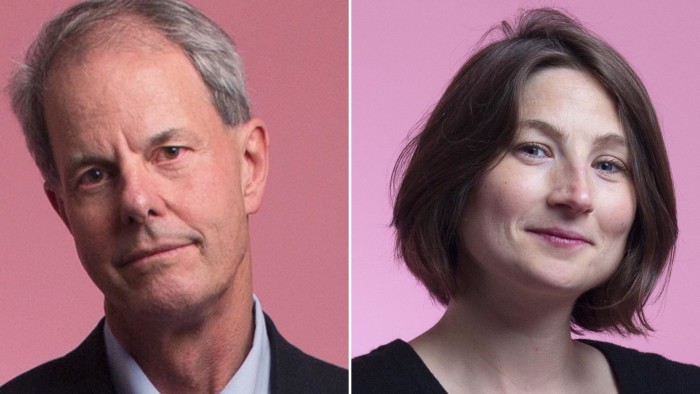
Roula Khalaf, Editor of the FT, selects her favourite stories in this weekly newsletter.
What exactly do we mean by innovation when we talk about lawyers? This is the question that dominated deliberations over whom to pick for this year’s “most innovative individual” award.
From a strong and varied field, the judges decided that two very different answers to this question deserved to share the award.
For making a difference to people’s lives, the judges picked Julia Salasky, a former UN lawyer who applied a relatively new tool (crowdfunding) to a very traditional industry (the law) to make justice more accessible to those of limited financial means.
CrowdJustice — which Ms Salasky founded in her kitchen in 2014 — has helped fund 500 legal cases, ranging from a hospital whistleblower to victims of a sex offender.
For driving success in business, judges selected Jonathan Brayne, the éminence grise behind the transformation of Allen & Overy, already a six-time winner of Europe’s most innovative law firm award. His secret weapon, he says, is to “avoid getting too far ahead of partnership thinking” and to not present new ideas until success has been demonstrated.
Leyla Boulton, chair of the judging panel
Joint winner
Jonathan Brayne, founder and chairman, Fuse, Allen & Overy
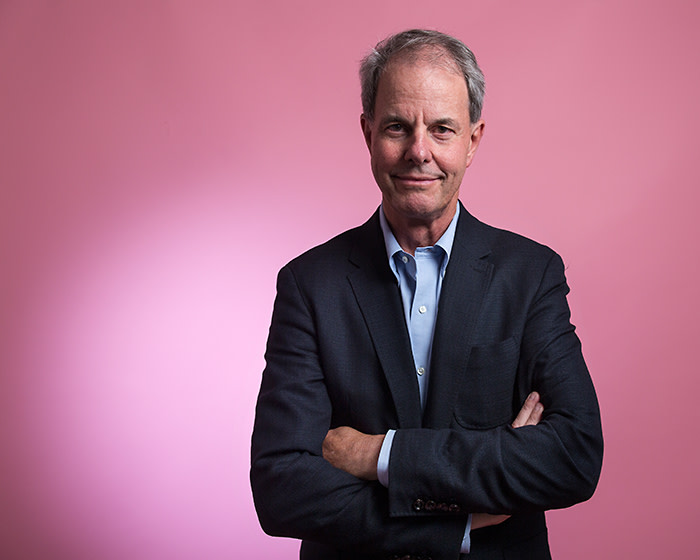
Every firm needs an éminence grise — someone behind the scenes who makes things happen. At Allen & Overy, it is Jonathan Brayne. He joined the firm as a trainee and later helped set up two of its most successful offices, in Hong Kong and New York.
He stands out for creating and driving the firm’s innovation agenda. At a time when few law firms thought innovation was relevant, he chaired the firm’s innovation panel, which was set up in 2007 with a budget of £2m.
Mr Brayne is the chair of Fuse, the firm’s legal tech hub, which was launched in September 2017. Previously, he was behind the creation of Aosphere, Allen & Overy’s online legal services business; docGenix, an early attempt to transform documents to data; and Peerpoint, the firm’s flexible resourcing business.
Mr Brayne enables individuals to take on new initiatives and, as a pragmatist, is skilled at navigating the politics of partnerships — the key, he says, is to “avoid getting too far ahead of partnership thinking”.
Joint winner
Julia Salasky, founder and chief executive, CrowdJustice

Lawyer and entrepreneur Julia Salasky has opened up new legal avenues for British citizens otherwise unable to afford access to justice.
CrowdJustice, her venture capital-backed crowdfunding platform that raised $2m in seed capital last year, has helped individuals, charities and the law firms that represent them to raise nearly £6m to fund about 500 legal actions.
Actions that CrowdJustice has supported include a constitutional challenge to the implementation of Brexit. The platform funded a campaign for a parliamentary vote to trigger the UK’s Article 50 filing to the EU. The Supreme Court ruled in its favour.
The platform also supported doctor Chris Day, who raised patient safety concerns at his hospital in London, then realised he did not benefit from whistleblowing protection.
Ms Salasky, a former Linklaters associate and UN lawyer, founded CrowdJustice in 2014 as a solo venture. It now has a team of 12 and this year launched a US version of the site.
Jorge Badía, managing partner, Cuatrecasas
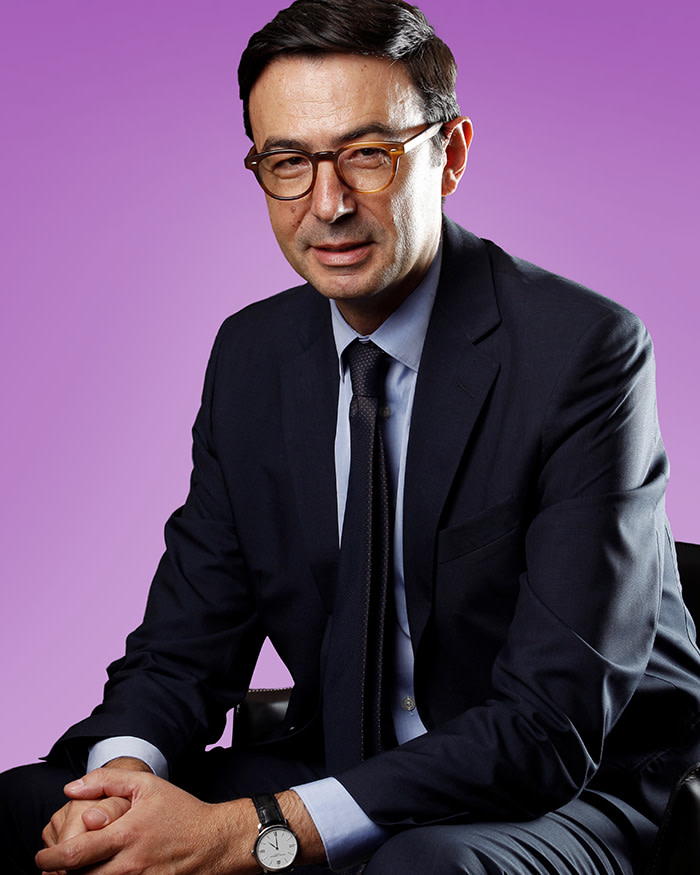
Jorge Badía’s appointment as managing partner in 2015 marked a significant change in the leadership of the Spanish firm, which had been run by founder Emilio Cuatrecasas and senior partner Rafael Montana. After a strategic review two years ago, Mr Badía started a process to empower younger lawyers. The result has been a transformation of the firm’s approach to legal work and business processes.
In 2009, Mr Badía — who trained as a corporate lawyer — had been appointed to lead the firm’s nascent litigation practice. Mr Badía and a young legal team digitised their work processes and developed their own case management software. By adopting a “plain language” approach in court, they attracted clients to build the practice to 25 per cent of the firm.
Mr Badía has abolished the firm’s unwieldy approach to evaluating associates. He has also encouraged a culture of respect for business professionals at the firm as well as one of gender equality.
Farmida Bi, partne r and chair for Europe, the Middle East and Asia, Norton Rose Fulbright
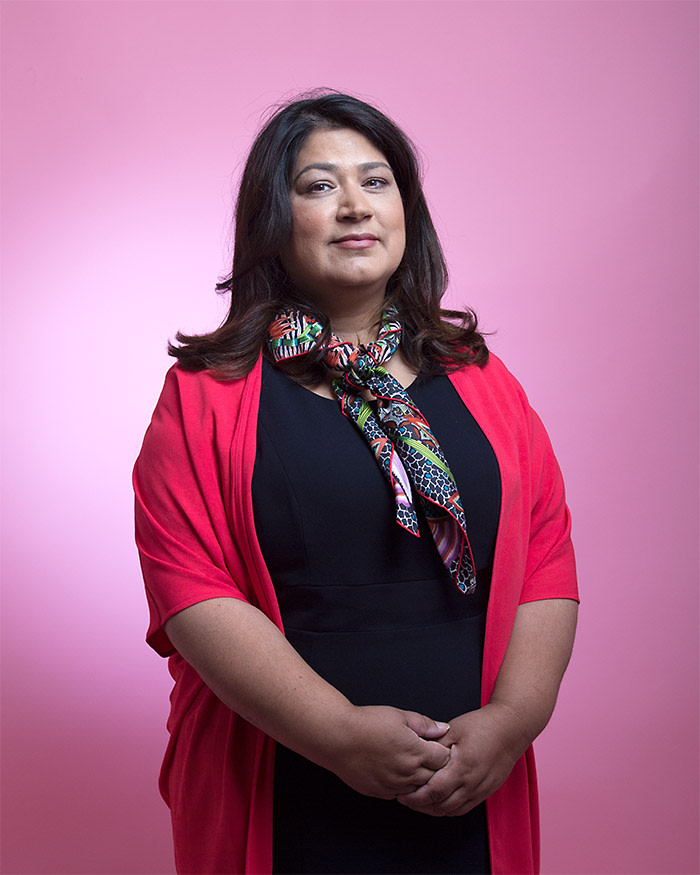
Ms Bi’s 20-year career at Norton Rose Fulbright has combined pioneering work in Islamic finance with humanitarian engagements. In 2012, she advised the arranging banks on the first Islamic residential mortgage-backed securitisation of Tamweel, a Dubai-based home finance provider. This paved the way for a series of sharia-compliant property issues in the emirate.
Last year, working on a pro-bono basis, she helped the International Committee of the Red Cross launch its Humanitarian Impact Bond to fund the physical rehabilitation of disabled people.
After the financial crisis of 2008 Ms Bi had to diversify her activities. She moved into restructuring — working on, for example, the balance sheet restructuring of Al Jaber, a Middle Eastern conglomerate with more than $4.5bn of debt.
She also represented Lloyds Bank in the UK’s Supreme Court, winning a judgment that meant the bank had the right to redeem £3.3bn of notes issued at the height of the banking crisis offering enhanced security and terms.
Andrew Clinton, managing partner, ASB Law
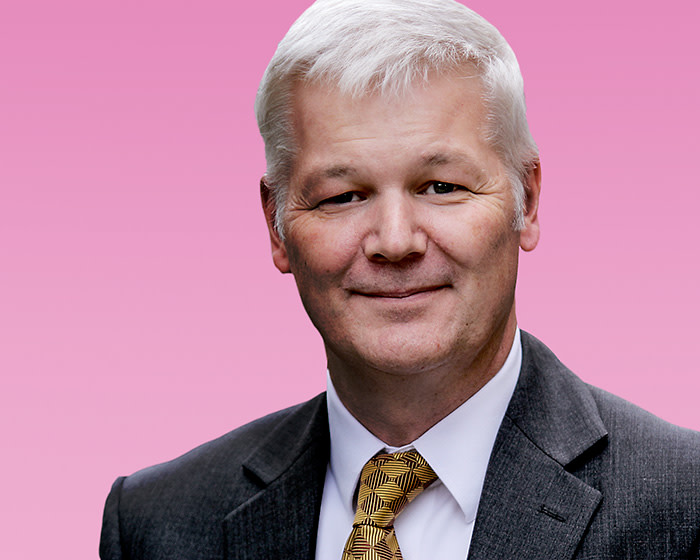
Andrew Clinton’s move away from the billable hour at ASB Law is a striking example of his drive to remake his firm for the 21st century.
He is an experienced cross-border litigator and since 2006 has been managing partner of the 17-partner firm based in south-east England. His objection to hourly billing is that it gives department heads an incentive to charge as much as possible, creating a misalignment between a firm’s interests and those of its clients.
After looking at what other professional services providers were doing, Mr Clinton has handed more power to ASB’s sales team and client relationship partners.
Clients have welcomed the move, after long arguing hourly billing is too open-ended and encourages lawyers to work in slow, traditional patterns that hold back innovation. Clients such as 10x Future Technologies, a fintech start-up, have said the new billing model is a better foundation for co-operation between external law firms.
Andrew Leaitherland, managing partner and chief executive, DWF
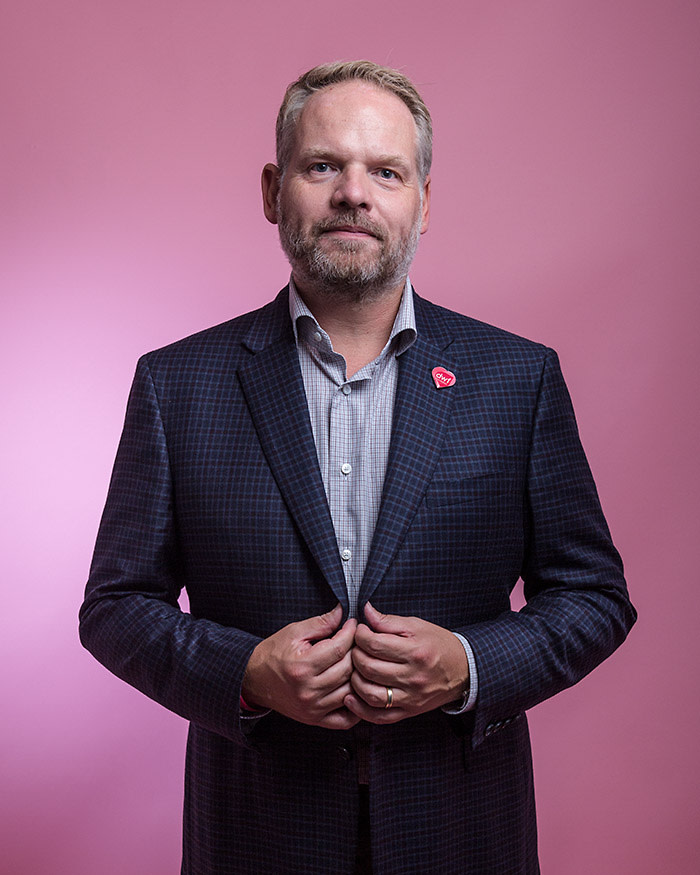
Reappointed managing partner this year for a fifth consecutive term, Andrew Leaitherland heads one of the UK’s most dynamic legal businesses. He has led DWF’s transformation from a regional outpost in north-west England to a disrupter of the legal sector.
In June, the firm announced it was considering an initial public offering on the London Stock Exchange. It is testament to Mr Leaitherland’s work that while eyebrows were raised at the touted £1bn valuation, few were surprised at the scale of DWF’s ambition.
In the past three years, the firm has launched offices across the globe, while supporting cutting-edge technological innovation and advanced working practices at home. DWF Ventures, the firm’s incubator for legal tech and research, will double its revenues to £1.3m this year.
Mr Leaitherland says he never wanted to be a lawyer, which may be why his firm looks nothing like a traditional one.
Giovanni Lega, founding and managing partner, LCA Studio Legale
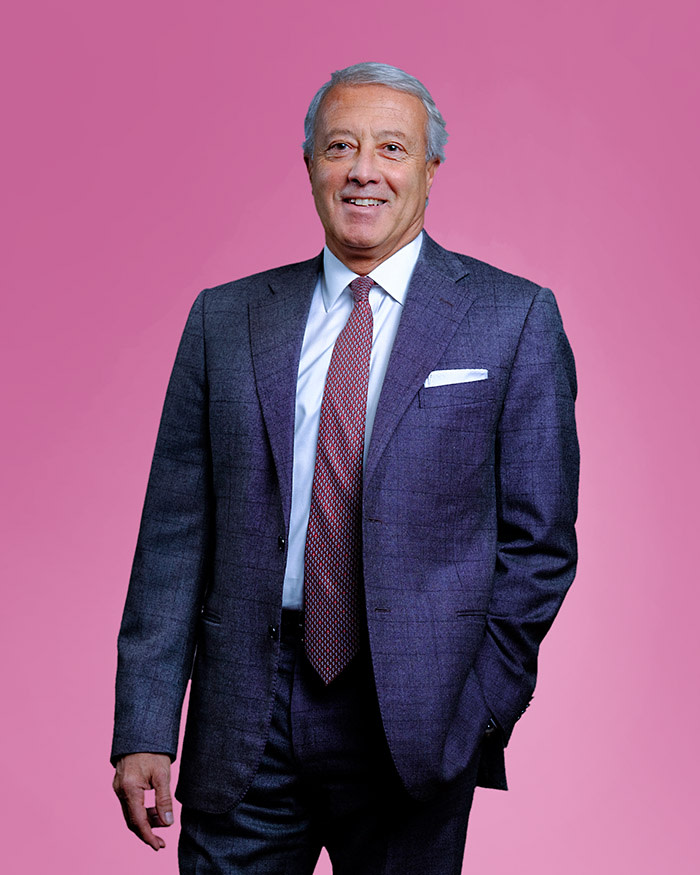
One of Italy’s leading lawyers, Giovanni Lega is a high-profile supporter of Italian entrepreneurs and start-ups. These include food and drink businesses Vini Italiani and Mozzarella Mania Food, and H-Farm, the tech start-up incubator. Mr Lega helped found Milan’s Blue Note jazz club and has been on the board at high-profile companies, including carmaker Lamborghini.
He founded Lega, Colucci e Albertazzi e Associati — the first LCA — in 1988, then spent eight years with Freshfields Bruckhaus Deringer after it incorporated LCA into its international network in 1996. Mr Lega founded the second LCA — LCA Studio Legale — where he has built a firm of 120 lawyers.
A believer in modernising the legal system governing Italy’s law firms, he set up the Italian Association of Associated Law Firms (ASLA) to help introduce domestic legislation stipulating that law firms no longer had to bear the names of current partners and could be established as branded professional services businesses.
Mr Lega continues to support the next generation of Italian lawyers and, in conjunction with ASLA, held a conference in Milan earlier this year to give young Italian lawyers a “right to the future”. Attended by more than 3,000 lawyers, it provided a forum for them to raise concerns.
Paola Leocani, partner and head of the debt capital markets group, Milan, Simmons & Simmons
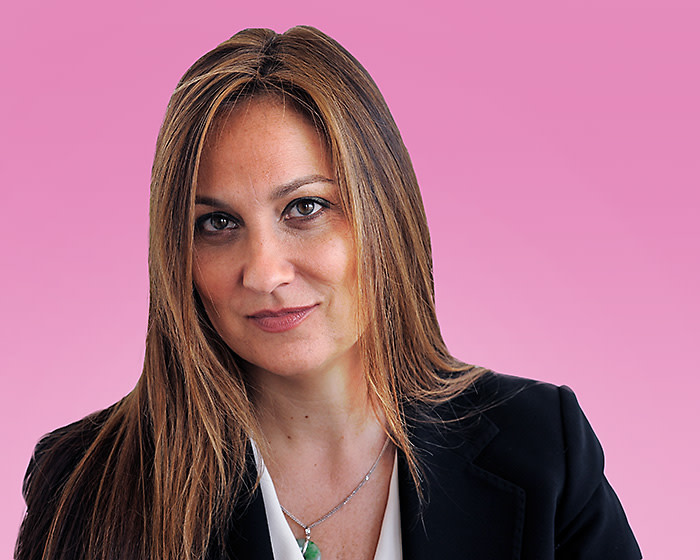
It has been a busy year for Paola Leocani. On the client side, she advised the underwriters on Italy’s buyback of €4.2bn of its BTP Italia issuance, the largest sovereign bond in Italy. This was targeted directly at retail investors for the first time, using an innovative distribution platform Simmons & Simmons helped to design.
Ms Leocani has also been instrumental in a key reform of financial services. Italian companies were hamstrung by securities laws restricting their ability to carry out many types of debt issuance because there were no exemptions for bond sales to sovereign wealth fund investors, nor any distinction between professional and retail investors.
This was a particular problem for Italy’s banks, which desperately needed to restructure. Ms Leocani convinced Consob, the Italian securities regulator, that there should be immediate reform.
Jacquelyn MacLennan, partner and global pro bono practice leader, White & Case
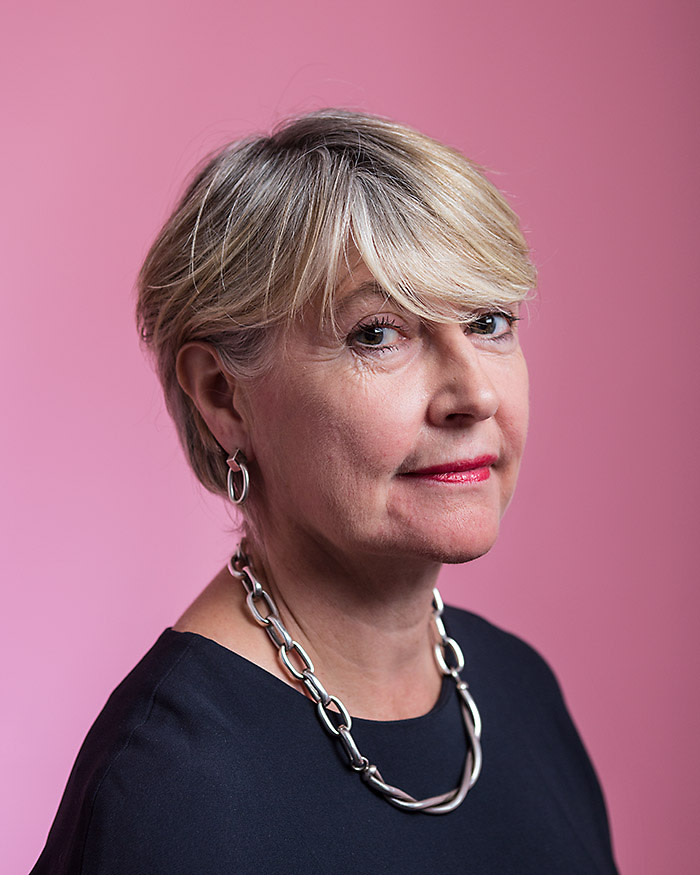
The first partner in global law firm White & Case to work part-time hours, Jacquelyn MacLennan has long championed flexible working for lawyers to balance career and family life.
She continued to push this agenda as part of the firm’s three-strong executive team, which is responsible for overall firm strategy. She was also responsible for setting up the firm’s first unconscious bias training.
As an antitrust lawyer, Ms MacLennan has worked on cases that made new law. Her most recent victory was establishing the right for same-sex spouses to move freely across the EU when one spouse is not an EU resident. The seminal case was concluded in June 2018.
Ms MacLennan, as head of the firm’s global pro bono practice, has made sure all White & Case’s lawyers are trained in human rights and business law. Earlier this year, she set up the firm’s business and human rights interest group.
As a tech-savvy lawyer, Ms MacLennan recognises the need to simplify how legal advice is provided.
Isabel Parker, chief legal innovation officer, Freshfields Bruckhaus Deringer
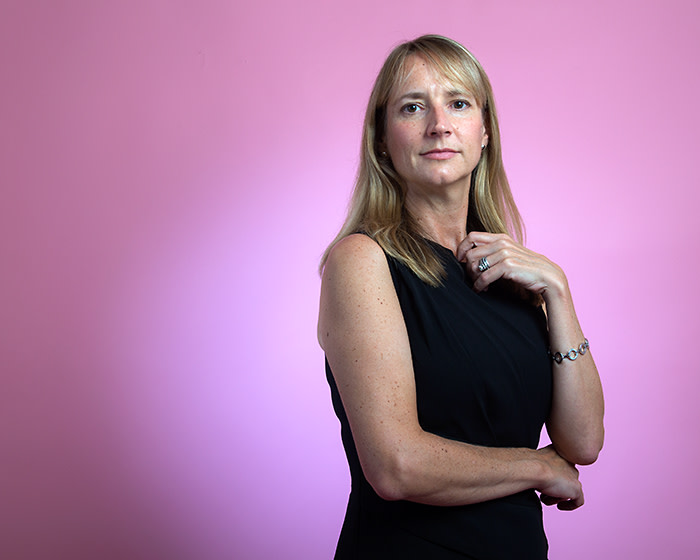
It is not easy to change the culture of a law firm, especially one with nearly 300 years of history. Isabel Parker, however, who worked as an associate at Freshfields and now as a business professional, is doing just that.
After working for nine years as a project finance associate, Ms Parker took a break to have children before returning in a business support role in 2013. Her most recent appointment was this year as chief innovation officer.
She was instrumental in setting up the firm’s legal services centres in Germany, Hong Kong and Manchester, north-west England. This included ensuring the centres could be used by the firm’s many offices. In a newly created role in 2015, Ms Parker focused on creating a culture of innovation and developing an innovation strategy across the firm’s business.
One of the firm’s great achievements is the empowerment of its associates to innovate. This approach turns traditional hierarchies on their head and puts associates in the vanguard of client relationships, once the preserve of partners.
Profiles compiled by RSG researchers and FT editors
Explore the Innovative Lawyers: Europe rankings 2018

Overall
Business of Law
- Data, Knowledge and Intelligence • In-house
- Managing and Developing Talent • In-house
- New Business and Service Delivery Models • In-house
- New Products and Services • In-house
- Strategy and Changing Behaviours • In-house
- Technology • In-house
Legal expertise
- Accessing New Markets and Capital • In-house
- Dispute Resolution
- Enabling Business Growth • In-house
- Managing Complexity and Scale • In-house
- Creating a New Standard • In-house
Ireland
Comments